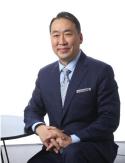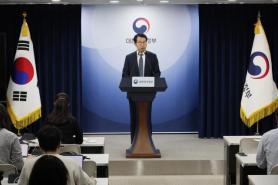
South Korea's state-operated health insurance program is globally recognized, providing citizens and legal residents with access to high-quality medical services regardless of income or employment status. Patients typically pay only a portion of their medical expenses, with the remainder covered by the insurance fund, significantly reducing the financial burdens associated with healthcare.
The National Health Insurance (NHI) system covers a wide range of medical services, including hospitalization, outpatient care, prescription drugs, preventive services, diagnostic tests, surgeries, and emergency treatment. It also features caps on medical bills to protect patients and their families from catastrophic health expenses.
According to a 2021 survey of 12,874 South Koreans, released by the National Health Insurance Service on Monday, a person spent an average of 960,000 won ($709) on personal healthcare services. 499,000 won went towards medical services, 477,000 won towards dental services, and 198,000 won towards traditional Korean medical services rooted in ancient Chinese medicine.
The data revealed that 41.5 percent of people felt burdened by personal healthcare expenditures. Additionally, 15.5 percent said they were unable to receive timely medical care at least once due to financial constraints, busy schedules, or difficulty accessing services like closed clinics or limited appointment availability. In 2021, the average annual income of South Koreans was 42.1 million won.
Copyright ⓒ Aju Press All rights reserved.




